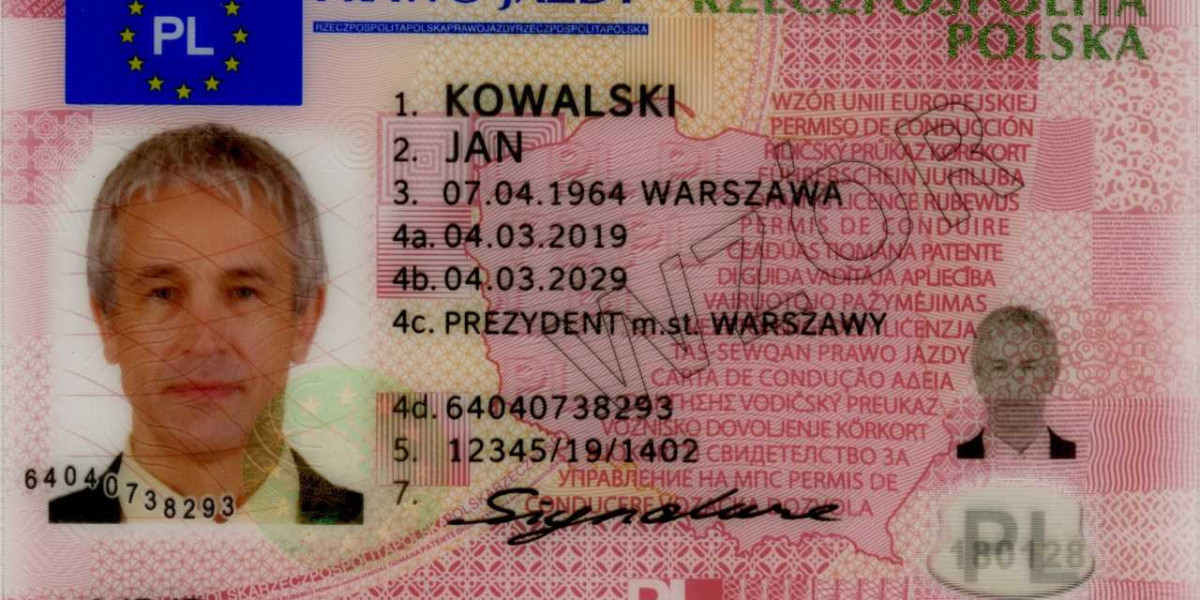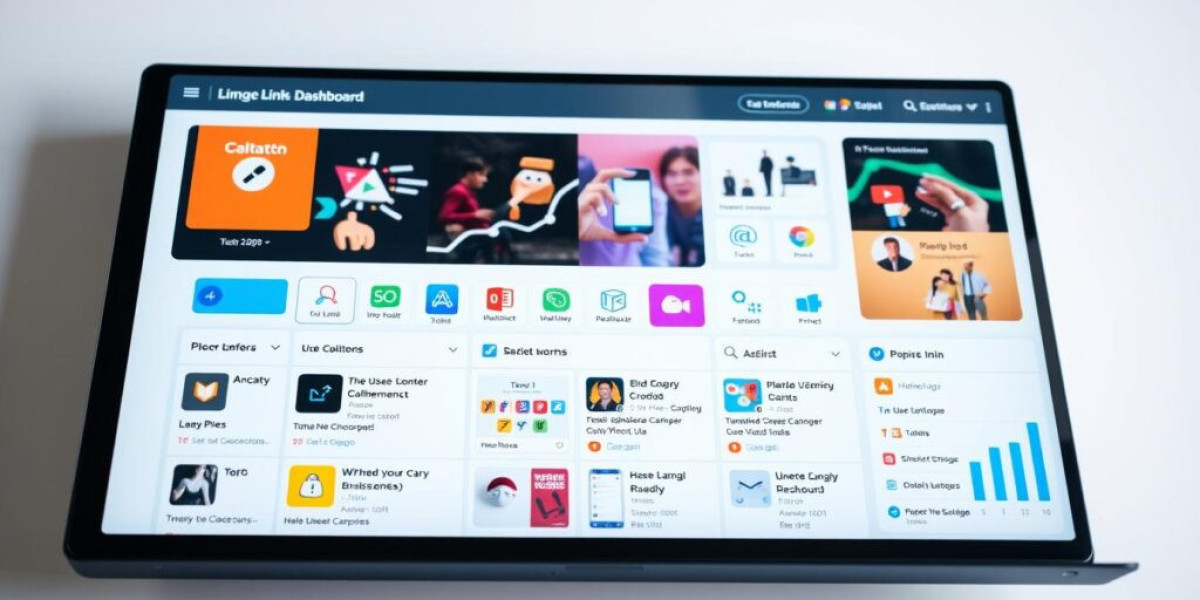 Driving license category C is a commercial driver's license (CDL). This license typically allows drivers to drive vehicles that have a a maximum authorised mass of more than 1 tonnes.
Driving license category C is a commercial driver's license (CDL). This license typically allows drivers to drive vehicles that have a a maximum authorised mass of more than 1 tonnes. This includes vehicles that have an cab and trailer that can carry 16 or more people (including the driver). It also includes passenger vans as well as small HAZMAT vehicles.
This includes vehicles that have an cab and trailer that can carry 16 or more people (including the driver). It also includes passenger vans as well as small HAZMAT vehicles.What is a Class C License?
There are several ways to categorize your commercial driver's license (CDL) every one of which offers various career possibilities. To be eligible for a CDL you must possess a clean driving record and pass a medical exam and meet the age requirements. It is also important to study the kinds of vehicles that are classified under each category and determine what endorsements are needed.
Based on the state the license is class C. It is valid to drive single vehicles that have a Gross Vehicle Weight Rating (GVWR) of 26001 pounds or less, or vehicles that tow a vehicle that weighs up to 10,000 pounds. This can include delivery trucks, passenger vehicles and even small HAZMAT vehicles.
In addition to the GVWR and the weight of the trailer, a driver must also meet federal and state requirements in order to get a class C driver's license. Class C drivers, for instance have to undergo a background check as well as a drug test. They also must have an active driver's license from the state of their residence and pass an inspection test prior to departure.
A driver in class C may gain additional endorsements to boost their career opportunities. The "P" endorsement is one example. It permits a class C to drive school buses. Other endorsements, such as the "T" and "H" endorsements, allow truckers to haul certain goods and could lead to more lucrative earnings.
Drivers must pass the knowledge test and skills exam to add an endorsement. The test for skills and the exam are usually administered by a local transport firm. To pass the skills exam the driver must provide a commercial vehicle that can pass an inspection prior to departure and demonstrate their ability to drive the vehicle in a safe manner on various road conditions.
A class C permit can provide access to a wide range of jobs, including delivery drivers, driving instructors, and Movers. It can also help people get self-employed by becoming a trucking business owner or operator. To obtain a class-C license, drivers need to study the requirements of their state, pass the required exams and tests, complete driver training, practice, take the driving test and pay any licensing fee. In New York, you can get this done through the Department of Motor Vehicles. Visit the DMV website or contact a branch near you for more information.
How do I apply for a Class C License?
A Class C license is the commercial driver's license (CDL) which is required to operate certain types vehicles, like those that transport hazardous materials or passengers. This license requires a number of steps, including completing the age requirements and passing a DOT test and passing other tests. In addition, applicants may require special endorsements to drive certain kinds of vehicles, including tanks or buses.
The primary distinction between a Class C and other CDL classifications is that the Class C license allows individuals to operate a single vehicle that have a Gross Vehicle Weight Rating (GVWR) of 26,001 pounds or less, as well as vehicles that are towing another vehicle that has GVWR of up to 10,000 pounds. This includes passenger vans and small HAZMAT vehicles, and some delivery trucks. Additionally the Class C license permits drivers to drive interstate or intrastate vehicles, whereas other CDL classifications only allow for interstate driving.
To get a Class C license, applicants must first complete the Commercial Driver License Application and submit it to their state or federal motor vehicle licensing agency. The application typically will require applicants to provide personal information like their name and address as well as be able to pass a background check. Depending on their state's requirements applicants may also be required to pass a vision or physical test and also take a written test.
After the application has been approved after which the applicant must to be issued a Commercial Learner's Permit (CLP) and then practice driving under supervision. In some states, applicants could be required to complete a course before they can obtain a Class C license. The Class C CDL does not require the applicant to complete the Entry Level Driver Training.
After practicing driving under supervision, the candidate will need to pass an exam for driving. The test involves operating the vehicle in a controlled area to prove that they have the skills and knowledge required to operate the vehicle safely and efficiently. After passing the driving test, the applicant has to pay the Class C license fee.
What are the prerequisites to obtain a Class C License?
The process of obtaining a Class C license can be lengthy and requires drivers to meet a number of age, health and safety requirements. To begin their professional career in driving applicants must pass physical and eye tests, keep their Commercial Learner's Permit, complete the required training and then drive, pass the CDL test and pay for licensing fees.
Based on their specific driving needs Class C License holders might be permitted to drive passenger vehicles like buses and vans, as well as trucks that tow other vehicles weighing less than 10,000 pounds or carry hazardous materials. This wide range of vehicles shows the versatility and utility of a commercial driver's licence.
To obtain the endorsements required, Class C license holders must pass certain tests of knowledge in addition to meeting the fundamental eligibility requirements. These include the following:
P (Passenger) is a permit that allows drivers to operate vehicles carrying more than 16 passengers, including the driver. S (School Bus): Required for drivers who take school children on buses.
N (Tanker). This designation allows truckers to operate vehicles that transport gas or liquids that are flammable. This certification requires successful completion of a test for niche knowledge.
This endorsement requires passing a test of knowledge. This endorsement allows drivers to haul hazardous goods. A background check is usually required.
The final requirement to get the Class C License is the successful passing of the CDL road skills test. This test consists of several segments that test the driver's ability to perform pre-trip inspections, demonstrate basic control of the vehicle, and drive safely on the road. The road skills test usually includes a towing exercise for the vehicle and the use of a trailer.
If they pass the road skills test, Class C License holders must then pass a written exam that covers topics like safety rules, vehicle regulations and driving regulations. In some states, the CDL driving test may also comprise the practical part that requires the driver instructor with a list of items to look out for while driving and then providing feedback on their performance.
What career opportunities are there with the class C license?
A CDL license could open the door to many opportunities for career advancement in various sectors. This credential opens up many different trucking jobs, whether you want to drive trucks, vans, or buses. Examples include delivery drivers who collect and transport shipments, Www.Kartaxpresspoland.Com movers engaged in residential or commercial moving projects and parts drivers who bring equipment components to the site of work for assembly. Class C license holders can also drive vehicles that carry 16 or more passengers or transport hazardous materials.
Commercial driving lets you explore the country in style and travel in style. It's crucial to understand the distinction between the different classes of CDL to ensure that you get the right one for your requirements. Class A is for those who plan to drive big trucks and combination vehicles with a gross vehicle weight rating (GVWR) of 26,001 or more pounds. Class B is required for drivers of any vehicle weighing less than 26,001 pounds and also vehicles used to tow trailers and other towed vehicles. Class C is for those who wish to operate all other vehicles that aren't included in the two other categories.
If long distance driving isn't appealing to you, there are many other trucking jobs which require only the Class C license. Bus driving is a very popular option and you can opt to drive on domestic or interstate routes. You can also work locally and drive airport shuttles, city transit, or sightseeing or charter buses.
Recovery and towing jobs are also available locally, however they require a high level of mechanical proficiency and the ability to work under pressure. These drivers help to keep the roads of the country secure and operating smoothly by responding to roadside emergencies or restoring vehicles following accidents.
It requires a lot of dedication to get a class C driver's license however, the effort is worthwhile as this credential offers many exciting and rewarding jobs. The first step is to study the specific requirements of your state, which can be found online or at your local DMV office. You can then take the needed tests and pass your certification to begin your journey into the trucking industry.







